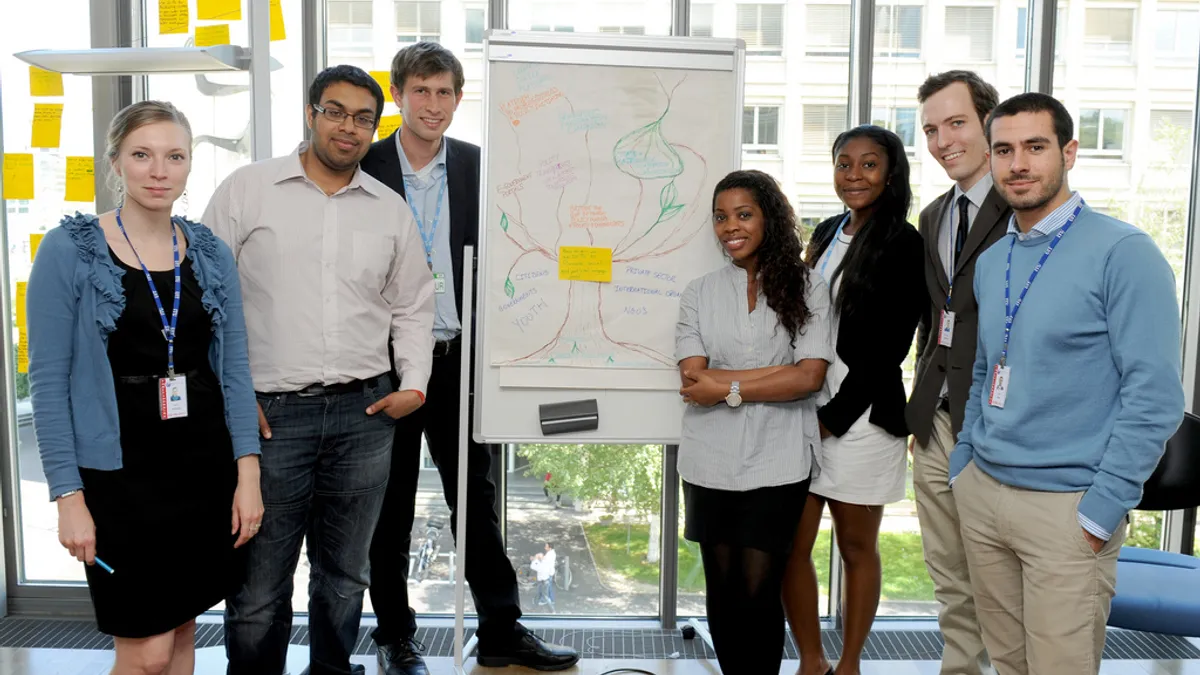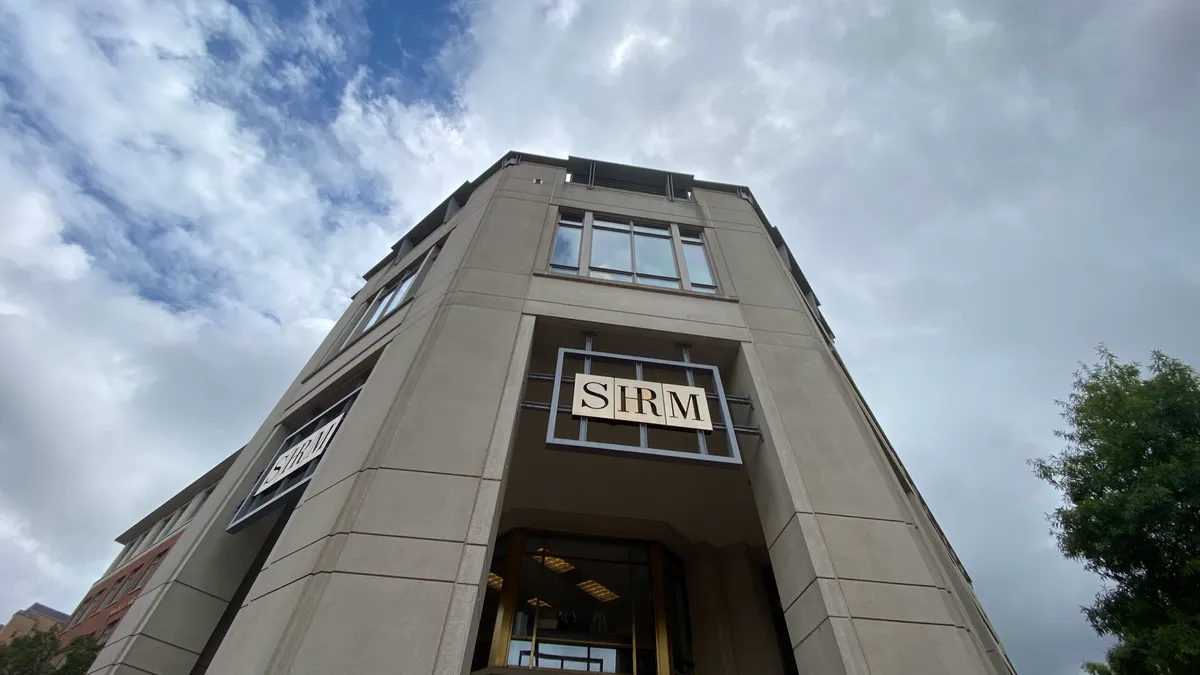Dive Brief:
- Despite predictions that millennials may account for 75% of the global workforce by 2025, millennial recruiting is not getting the attention it deserves, according to new research from Epicor Software, a global provider of industry-specific enterprise software.
- Only 39% of surveyed executives said recruiting millennials was a “fairly significant” or “major” focus for their organizations. The same executives report that “technology leadership” and a “skilled workforce” were top growth factors, and today’s highly connected, technologically advanced millennials can deliver that, according to Epicor.
- Despite that lack of focus on millennial recruiting, Epicor also found that many employers are working to develop the technology infrastructure necessary to attract and support the workforce of the future, as 79% of business leaders surveyed have made, or are making, investments in integrated IT infrastructure.
Dive Insight:
Celia Fleischaker, senior vice president and chief marketing officer, Epicor Software, says the relative indifference to recruiting millennials to the workplace is especially surprising considering they are the fastest-growing generation in the U.S. workforce, and are both technology proficient and digitally literate.
"Businesses that recognize and move to leverage millennial talent can gain significant competitive advantage in today’s age of digital disruption,” she said, adding that Epicor's research reveals many HR challenges stand in the way of business growth that technology can help address. To that end, she says employers must "re-think their relationship with digitally-literate workers and retool their organizations to attract, connect and empower this next-generation workforce via cloud, mobile, analytics and other enabling technologies."
But recruiters in general should be wary of pinning all their hopes on millennials alone. Employers today specifically seek skills, rather than a demographic group, according to a different study.













